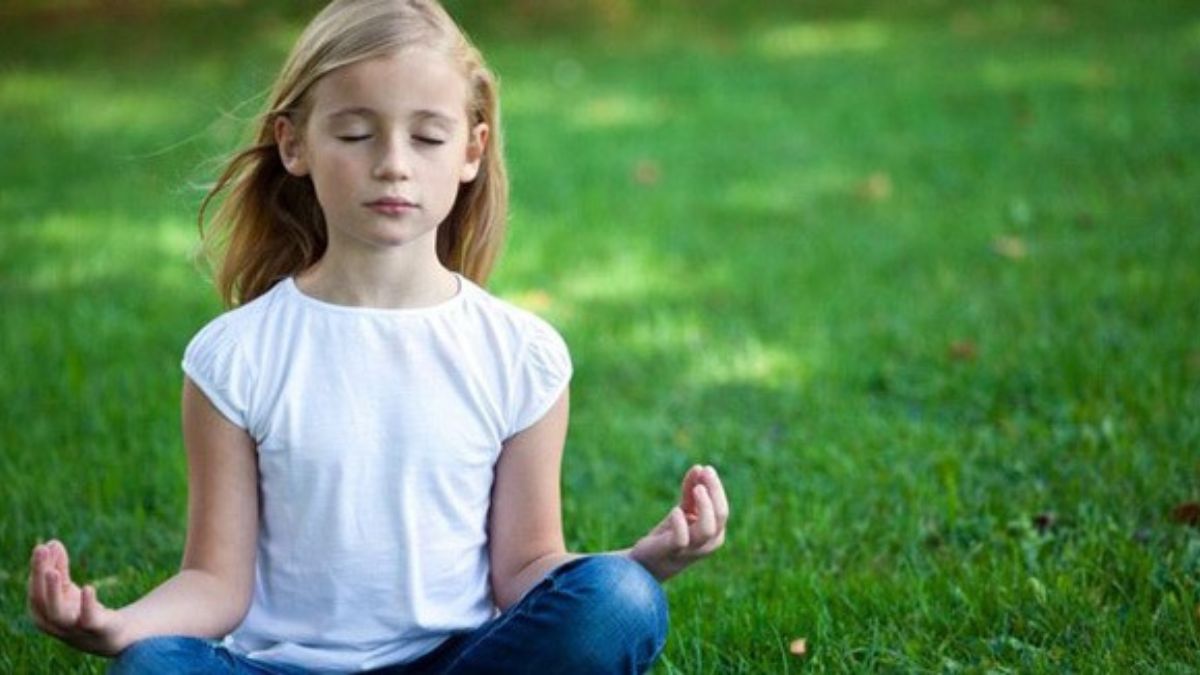Can your breathing pattern serve as 'nasal fingerprints'?

Imagine considering the way one breathes to be served as a 'nasal fingerprint' Is that even possible? Researchers think so.
A study that was published in the journal Current Biology says researchers could identify individuals based solely on their breathing patterns with nearly a 97 per cent accuracy.
The 'respiratory fingerprints' were linked with the body mass index, sleep-wake cycle, levels of depression, anxiety and even behavioural traits of the individual. The researchers informed they were also able to understand the physical and mental health status of the individuals through their breathing patterns.
For the study, nearly 100 healthy young adults were fitted with a lightweight wearable device that was developed by the researchers and asked the participants to go about their daily lives. Using soft tubes placed under the participants' nostrils, the device tracked nasal airflow continuously for 24 hours.
"We found that we could identify members of a 97-participant cohort at a remarkable 96.8 per cent accuracy from nasal airflow patterns alone, In other words, humans have individual nasal airflow fingerprints," the authors wrote.
The researchers also mentioned that the high level of accuracy remained consistent across tests conducted over a two-year period.
"You would think that breathing has been measured and analysed in every way. Yet we stumbled upon a completely new way to look at respiration. We consider this as a brain readout," said author Noam Sobel of Israel's Weizmann Institute of Science.
It was observed that participants scoring high on anxiety measurements were found to have shorter inhales and varied more in the pauses between breaths while sleeping.
"We intuitively assume that how depressed or anxious you are changes the way you breathe. But it might be the other way around. Perhaps the way you breathe makes you anxious or depressed. If that's true, we might be able to change the way you breathe to change those conditions," said Sobel.
Health